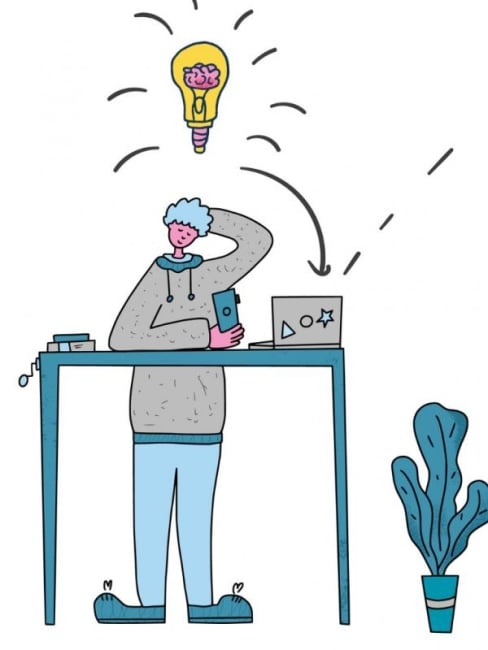You have /5 articles left.
Sign up for a free account or log in.

Istockphoto.com/syuzanna/guseynova
It’s been more than a month since the coronavirus crisis drove higher education online, along with much of the rest of the U.S. workforce. As April turns into May, the focus in many college and university classrooms will necessarily shift from how to conduct class virtually to how to most effectively and authentically assess student learning online.
Like many who work at online universities, I’ve conducted dozens of webinars and consultations over the past few weeks with colleagues seeking advice, resources and support. By far the most common question is about assessment security: How do we keep students from cheating in online exams?
The question implies that online education lacks the quality and integrity of face-to-face instruction -- that it is just more cheatable. That isn’t true, and the underlying assumption runs counter to research, risks stigmatizing all students as cheaters, shifts the pedagogical focus away from developmental teaching and learning and toward a fixation on punitive measures, and wastes an opportunity for a more reflective approach to online assignment and assessment design.
Let’s be clear: no assessment is uncheatable, and there are indeed best practices and techniques for conducting assessments securely in an online environment. But beyond the purely tactical, the most pedagogically meaningful response to issues of academic integrity in online assessments begins with a few basic principles and concepts.
First, all online education is remote learning, but not all remote learning is online education. Online education is a distinctive educational architecture intentionally designed for virtual teaching, learning and assessment, with technology tools strategically deployed for engagement and outcomes, as well as wraparound services that provide support throughout the online student life cycle.
Second, it’s simply not realistic to transition a face-to-face class to a fully optimized online learning environment in the space of a few weeks. It’s also not fair or accurate to point to the improvised and unavoidably glitchy process currently underway as proof of online education’s inferiority, as some skeptics will surely be inclined to do. The primary objective is to provide students meaningful engagement with faculty members and peers in the move to remote teaching.
What does all this have to do with secure and authentic assessment online? Pressure and stress are key drivers of cheating behaviors, and students today are experiencing a lot of both. So, students who feel connected, supported and encouraged are less likely to cheat.
Students are also less likely to cheat when they are invited to demonstrate learning in ways that are most authentic to them. Grant Wiggins seminally defined authentic assessment as “engaging and worthy problems or questions of importance, in which students must use knowledge to fashion performances effectively and creatively. The tasks are either replicas of or analogous to the kinds of problems faced by adult citizens and consumers or professionals in the field.”
In short, whether online or face-to-face, authentic assessment -- such as case studies, scenario-based projects and word problems -- can often represent a superior way of measuring students’ learning, engaging and empowering them to demonstrate knowledge rather than demanding that they prove their worth via high-stakes exams.
Here’s a quick example: a faculty member seeking to replace a multiple-choice exam on nutrition, digestion and metabolism could introduce more authentic assessment by giving students the option of tracking their own dietary intake and metabolic indicators. They could then evaluate the results or analyze food service menus and create an integrative map of the outcomes and impacts on diet and health.
Even when traditional exams represent the most appropriate assessment tool, there are ways to enrich authenticity. Consider replacing six multiple-choice or true-and-false questions with two short-answer items. Or simply ask students to record a brief spoken-word explanation of their answers to two questions and return the recordings after the exam.
Of course, under the current circumstances, there will be realistic limits to how much anyone can use the move online to introduce more authentic assessment. That’s OK. No matter the approach to online teaching and assessment, the most important thing we are teaching, learning and assessing right now may be the criticality of adaptability and resilience that come from a commitment to lifelong learning.




